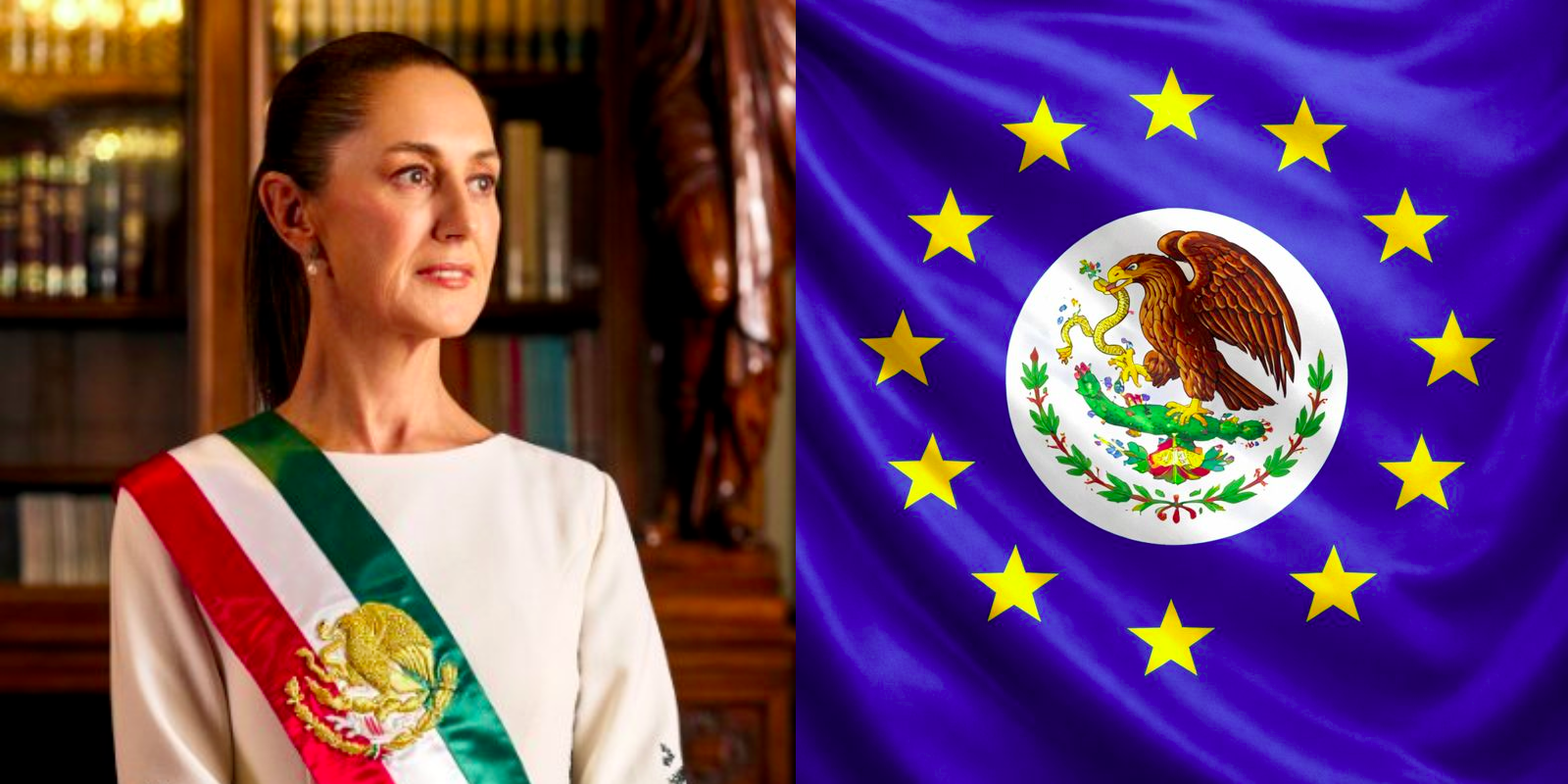There’s a good reason why Elon is the one in the arena running DOGE, and the DC pundits are the ones throwing pebbles from the stands.
In the DC swamp, you can’t throw a stone without hitting a pundit. Punditry is the most common profession in the swamp—though sometimes the pundits work as career think tank staffers with fancy job titles. In the lingua franca of Silicon Valley, another term that could describe this type is the “ideas guy”: a pejorative term for a wannabe entrepreneur who has a great idea for a startup and not much else to offer—be it technical skills, business skills, or any sort of useful skills. (A humanities degree from Harvard does not count as a useful skill, especially today.)
“Isn’t it inefficient to have two people run DOGE?” In many ways, that is the quintessential pundit’s take. On the surface, it intuitively makes sense, and it certainly is a great take for mining engagement on social media. Beneath the surface, though, it reveals something about the pundit: they don’t understand how the real world works.
My real-world experience is at larger software companies, not startups, but even I know that Y Combinator prefers to fund startups with two founders. And for DOGE, if Elon is going to be one of your founders, it would make a lot of sense to pick a second founder with more knowledge about politics and how government works, such as Vivek Ramaswamy.
Sometimes, the pundits dress up their great ideas with buzzwords. On the left, the buzzwords tend to involve DEI and other woke jargon. On the right, some of these buzzwords are free markets, permissionless innovation, and the consumer welfare standard. (On that last one, my apologies to the handful of people who have actually read The Antitrust Paradox by Robert Bork).
My point here is not that free markets are bad. But if I see someone with “free marketeer” in their X/Twitter bio, here’s what comes to mind: tell me that you haven’t had a real-world job without telling me that you haven’t had a real-world job. To reference a 30 Rock meme, if Steve Buscemi’s famous line in a high school full of kids was, “How do you do, fellow kids?” their famous line in a room full of CEOS would be, “How do you do, fellow free marketeers?”
Some of these people—especially on the more libertarian end of the right—fetishize the free markets and the private sector…until someone with private sector experience disagrees with them.
Here’s the thing about ideas: they are essentially worthless. In the context of startups, Paul Graham, one of the co-founders of Y Combinator, proved this with a simple thought experiment: “Actually, startup ideas are not million dollar ideas, and here's an experiment you can try to prove it: just try to sell one. Nothing evolves faster than markets. The fact that there's no market for startup ideas suggests there's no demand. Which means, in the narrow sense of the word, that startup ideas are worthless.”
John Doerr, a venture capitalist who was an early investor in Google, framed it this way: “Ideas are easy. Execution is everything.” At times, Elon certainly can be the ideas guy; not many people would propose the idea of catching a rocket. Elon’s true strength, though, is his ability to execute—to do all the unsexy things that are necessary to catch that rocket.
And in DC, the “execution guy” is the one who’s in short supply.






